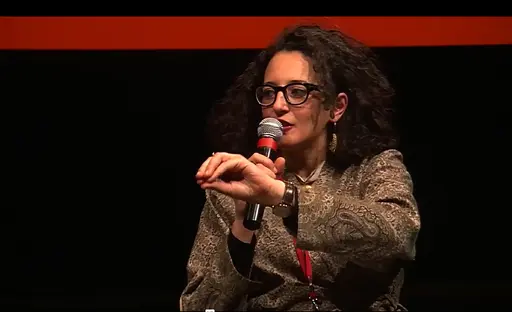
Author(s)
Rasha Salti, Ranjit Hoskote
As part of FORMER WEST: Documents, Constellations, Prospects, 18–24 March 2013 at Haus der Kulturen der Welt, Berlin, art critic, poet, and curator Ranjit Hoskote convened a forum on “Insurgent Cosmpolitanism” with cultural theorists and artists whose work addresses and performs the insurgent cosmopolitan condition.
As a worldview or way of being, cosmopolitanism has long been open to the charge of being unanchored with respect to a commitment to a specific national or regional reality. The notion of insurgent cosmopolitanism locates itself in opposition to the idea of a universal, normatively dictated “global culture,” to which the cosmopolitan supposedly subscribes. Here, on the contrary, the cosmopolitan moment is located in the uncertainty, surprise, curiosity, and receptivity that attend the heuristic releasement of the self to the Other, on the basis of perceived affinities of predicament, yet in the awareness of radical differences. Such encounters among disparate subjectivities produce a multi-local sense of belonging, and allow citizens of postcolonial societies to transit from a territorially bounded sense of national space to a post-national cultural latitude. They also permit a dissolution of the dogma of “rootedness” through the mode of critical yet empathetic regard towards one’s location in a society or nation-state. Film theorist, writer, and curator Rasha Salti engages with Ranjit Hoskote on these subjects in a conversation title “Radical Encounters.”
More in this edition
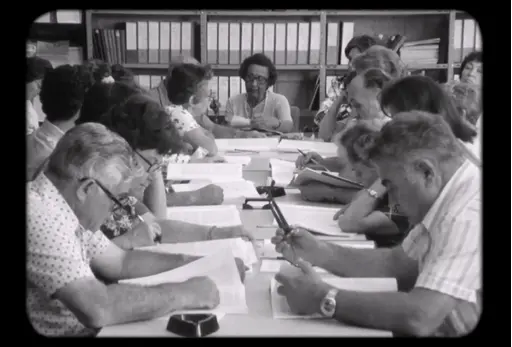
The modern nation-state is supposed to be ethnically and culturally homogenous; after World War II, both Israel’s implementation of Zionism and Arab Nationalism adopted versions of this purism—purging and excluding from the body social what refuses assimilation.

As part of FORMER WEST: Documents, Constellations, Prospects, 18–24 March 2013 at Haus der Kulturen der Welt, Berlin, art critic, poet, and curator Ranjit Hoskote convened a forum on “Insurgent Cosmpolitanism” with cultural theorists and artists whose work addresses and performs the insurgent cosmopolitan condition.
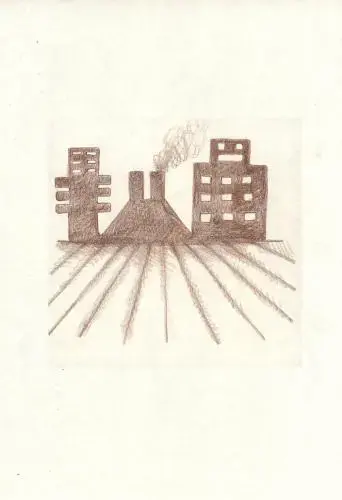
Mariana Botey’s text The State Is Coagulated Blood and Bones is written as a prologue to Cooperativa Cráter Invertido’s codex-comic Sangre Coagulada y Huesos (Coagulated Blood and Bones, 2021). The two contributions have been conceived in collaboration and are to be read in parallel, allowing for a mutual disruption of discourse and image.
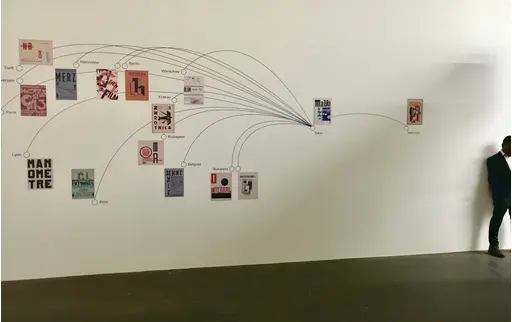
Long weaponized in the service of capital by the agents of neoliberalism, the nation-state is once again upheld as the bulwark of a white ethnos, securing privilege against migrants and immigrants, and against other nation-states in relations of neocolonial dependence.
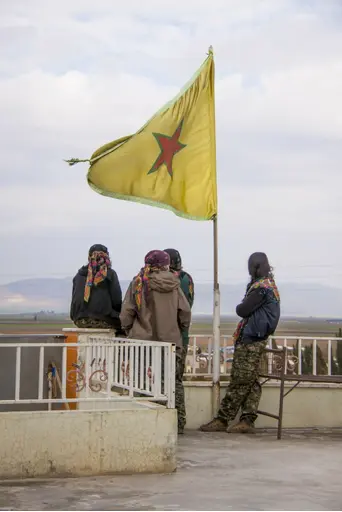
From: New World Academy Reader #5: Stateless Democracy, Renée In der Maur and Jonas Staal in dialogue with Dilar Dirik, eds. (Utrecht: BAK basis voor actuele kunst, 2015), pp. 27–54
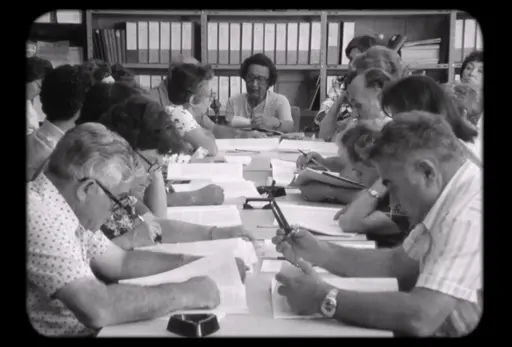
From: Once We Were Artists, Maria Hlavajova and Tom Holert, eds. (Utrecht: BAK, basis voor actuele kunst and Amsterdam: Valiz, 2017), pp. 32–52
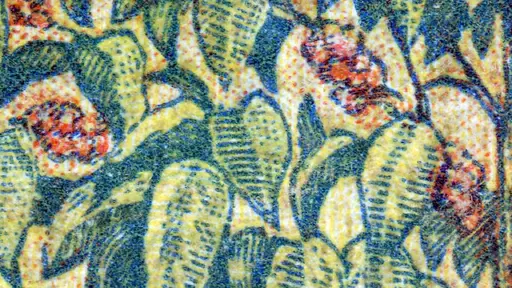
In 1970–1971, Guyanese radical historian and anti-colonial activist Walter Rodney gave a series of lectures on the historiography of the Russian Revolution at University of Dar es Salaam, Tanzania. Inspired by C. L. R. James’s historical work on the October Revolution, Rodney set out to reveal the parallels between the problems confronting the postcolonial regimes in Ghana and Tanzania, and those that the Bolsheviks faced in building the Soviet state.
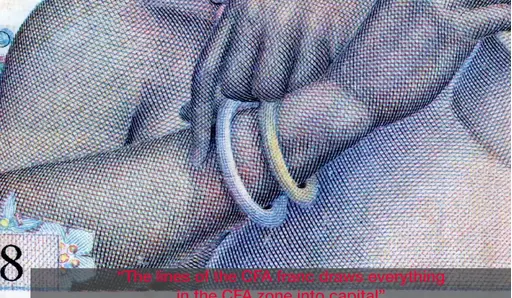
The video The Cut, The Punch, The Press (2021) is assembled from filmed fragments of a collection of 65 banknotes of the CFA franc, circulated between 1945–2021.